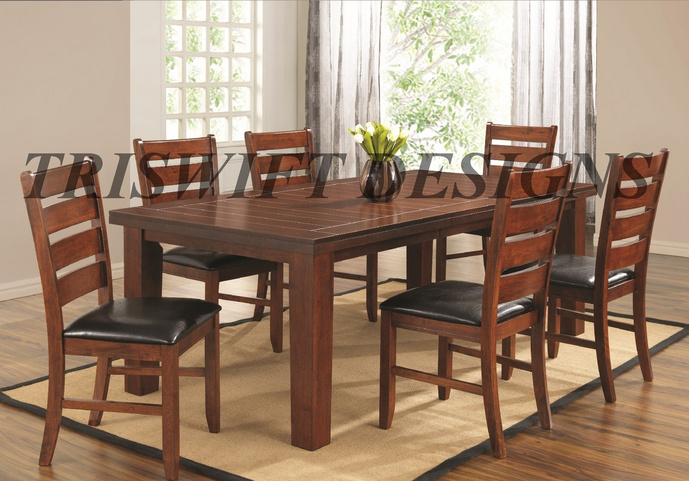-
Buyer Center
- Get Start
- About jiagle.com Join us
- Why Jiagle.com
- Find Suppliers Find Product
-
Get the app
Get the DTS FurnitureChina AppLook no further than the DTS FurnitureChina App, designed to streamline your planning, engagement, and post-show follow-up. With its extensive features, you'll save time, stay organized, and make the most of every interaction.View More

- Become a supplier
- 简体中文




























































































 沪公网安备31010402003309号
沪公网安备31010402003309号